The views expressed in our content reflect individual perspectives and do not represent the authoritative views of the Baha'i Faith.
Just picture it: a hippie pad in 1967, filled with spiritual seekers and one gigantic baby (me), listening to an elderly man named Samandari, who met the prophet of God.
So here we are in the Pacific Northwest in 1967 or so, fast-forwarding from when we first met Mr. Samandari at Sea-Tac airport, in a big run-down house near the university filled to capacity with a bunch of bohemian students and spiritual truth seekers from all corners of Seattle, all seated around this tiny man, a “strong pillar of the luminous faith of God,” who actually met Baha’u’llah, the prophet and founder of the Baha’i Faith.
To Baha’is, who follow Baha’u’llah’s teachings like Christians follow Christ’s or Buddhists follow Buddha’s, the opportunity to meet Mr. Samandari held a truly special bounty. Why? Not because of the physical proximity he once had to a prophet, but because he had met the spiritual source and deeply understood the principles he brought:
Baha’u’llah underwent great difficulties and hardships. He was in constant confinement and He suffered great persecution. But in the fortress (Akka) [Palestine’s worst dungeon] He reared a spiritual palace and from the darkness of His prison He sent out a great light to the world.
It is the ardent desire of the Baha’is to put these teachings into common practice: and they will strive with soul and heart to give up their lives for this purpose, until the heavenly light brightens the whole world of humanity. – Abdu’l-Baha, Abdu’l-Baha in London, p. 29.
So back to the big bohemian pad: my parents are probably passing out cookies and punch to a bunch of students in John Lennon glasses, leather vests with fringe and bell bottomed jeans. I imagine that there are ashtrays everywhere and I’m on a blanket in the corner sucking on a rubber toy in a cloud of second-hand smoke. This would be only a few months before my parents would divorce, my mom would take off to live on a commune in Oakland and then to work at an insane asylum in Bismarck, North Dakota; and my dad would take me to go live in the jungles of coastal Nicaragua and start an oyster farm. In other words, things were about to get cray-cray for baby Rainn.
In those days, many spiritual truth seekers hung out together. Spirituality was definitely not something relegated to New Age weirdos and “Born Agains.” The idea of exploring alternative expressions of the spiritual life and the journey of the soul had become an integral part of the counter-culture just starting to spring up all over American cities, immediately preceding the upcoming “Summer of Love.”
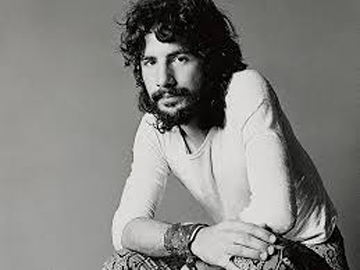
Cat Stevens
Most progressive people believed that the answers to the problems of life could actually be addressed by spiritual insight and even by religion itself—as long as it wasn’t the religion of their parents. Remember, in only a few years The Beatles would be visiting the Maharishi, Cat Stevens would become a Muslim, Hollywood celebrities would be doing peyote with Native American shamans, Shirley MacLaine would revisit past lives and millions of young mystic wanderers would join various religious faiths in their search for truth and meaning.
During that era, tens of thousands of young Americans would become members of the Baha’i Faith, the youngest world religion. Including my parents: my dad, an artist and writer and my mom, an experimental theater actress and yoga teacher.
This was the milieu I grew up in. LONG spiritual discussions in our living room until the wee hours of the morning. Sufis, Buddhists, Jehovah’s Witnesses, Sikhs, agnostics and all manner of aspiring seekers digging into life’s biggest questions and delving, questing, searching for truth and cosmic insight. Bookshelves filled with religious tomes. Bottomless pots of coffee and tea. Art covering the walls. Music everywhere. More second-hand smoke.
During these years America was at war with an enemy most Americans didn’t even really know anything about, an enemy that had never threatened anyone they knew in any way, shape or form: The North Vietnamese. Televisions were starting to show the body bags of dead young Americans being shipped home. Rumors of grotesque violence towards humble villagers were making their way stateside; chemicals that melted trees, illegal bombing campaigns, genocidal massacres. People were starting to freak out. Why all this war? What bill of goods are we being sold by our military industrial complex? Perhaps, as the Beatles said all along, all we really do need is Love?
The Baha’i teachings have a principle for that:
Quench ye the fires of war, lift high the banners of peace, work for the oneness of humankind and remember that religion is the channel of love unto all peoples. – Abdu’l-Baha, Selections from the Writings of Abdu’l-Baha, p. 36.
In the south and in the cities another war was being fought. African American men and women being beaten and hosed down like animals. Dogs lunging. Peaceful marchers tear-gassed by the National Guard and ruddy, angry-faced white people screaming the “N” word. All because people of color wanted to be able to sit on a bus or at a lunch counter or get an education. Or be treated with respect. What’s with all the hate? Had this been under our noses the whole time?
And for that:
Look upon the people of your own race and those of other races as members of one organism; sons of the same Father; let it be known by your behaviour that you are indeed the people of God. – Abdu’l-Baha, Abdu’l-Baha in London, p. 82.
The time was right and ripe for revolution. If the conservative churches and clergy of our parents don’t hold any solutions, perhaps other modes of spirituality had an answer to all this madness and confusion. People started looking for meaning both outside themselves and in. Way in.
You May Also Like
Comments



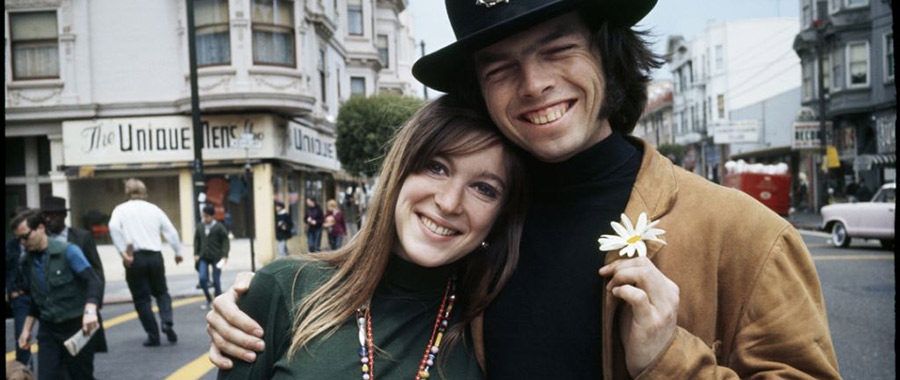
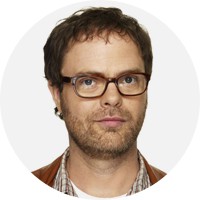
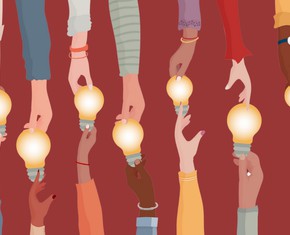
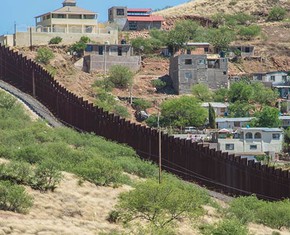
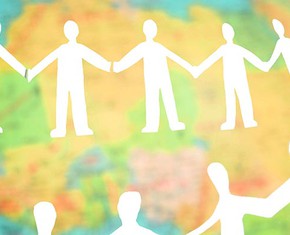
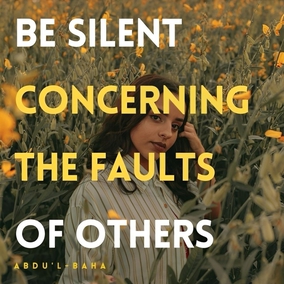








Praise God!